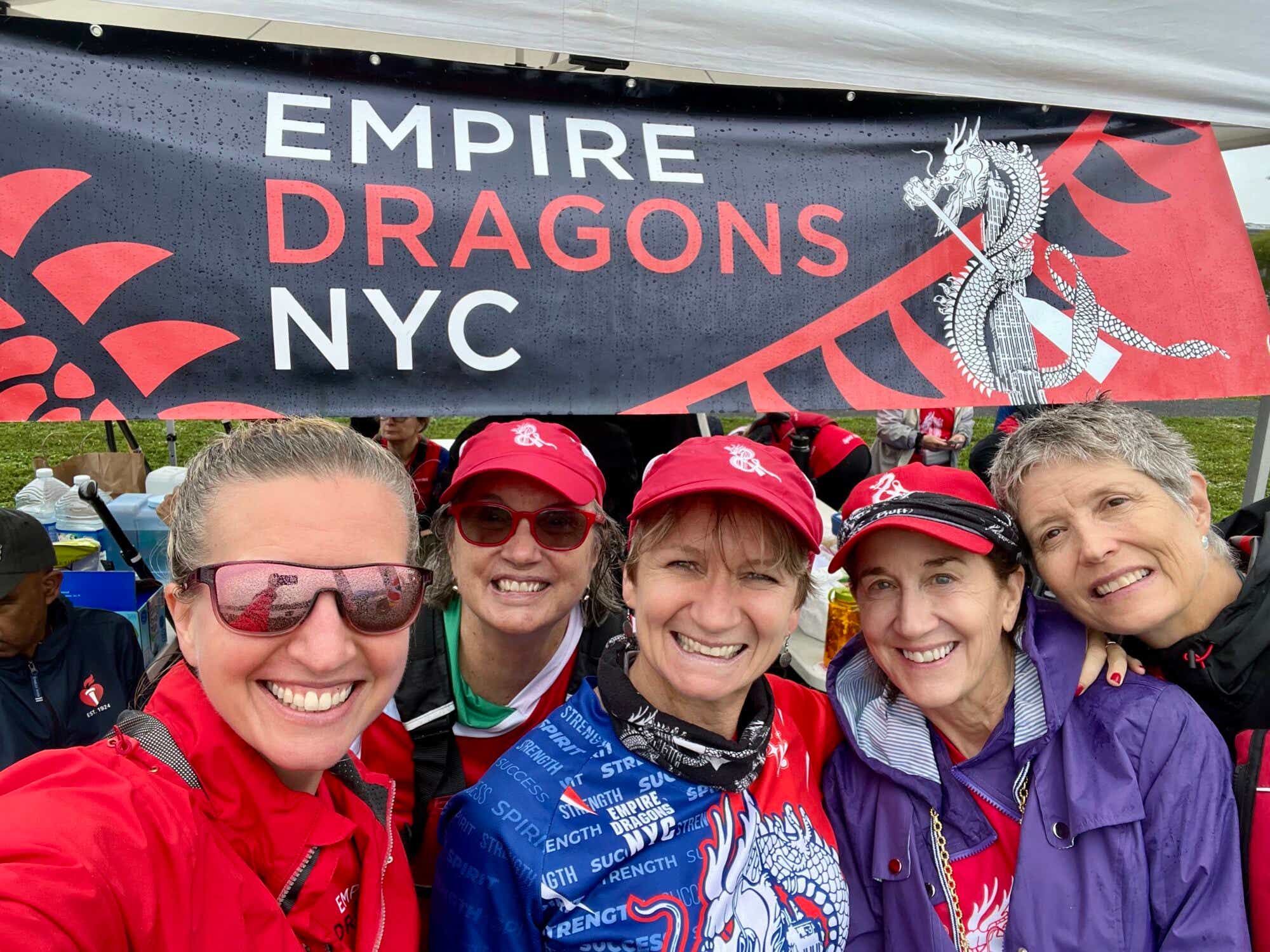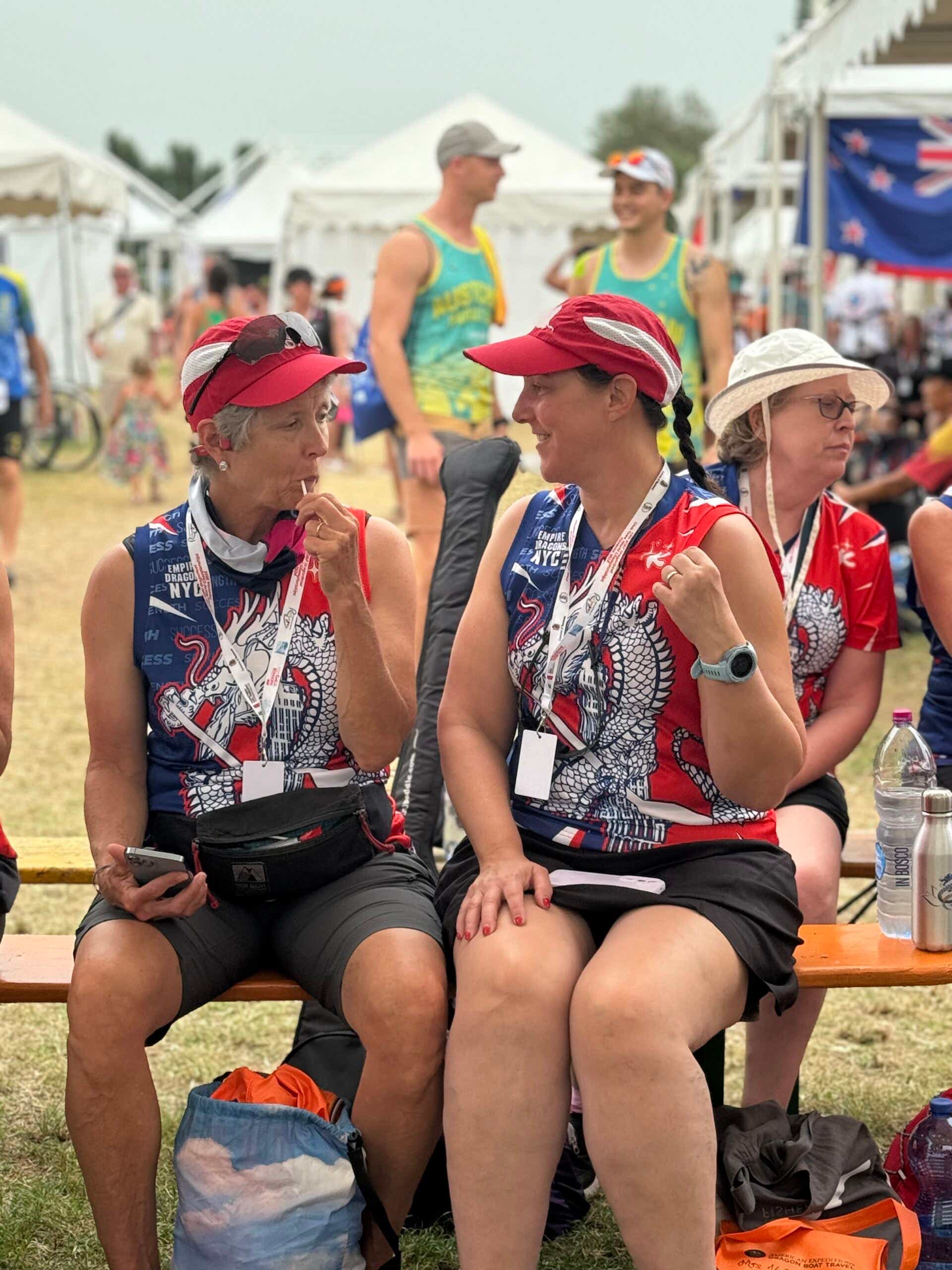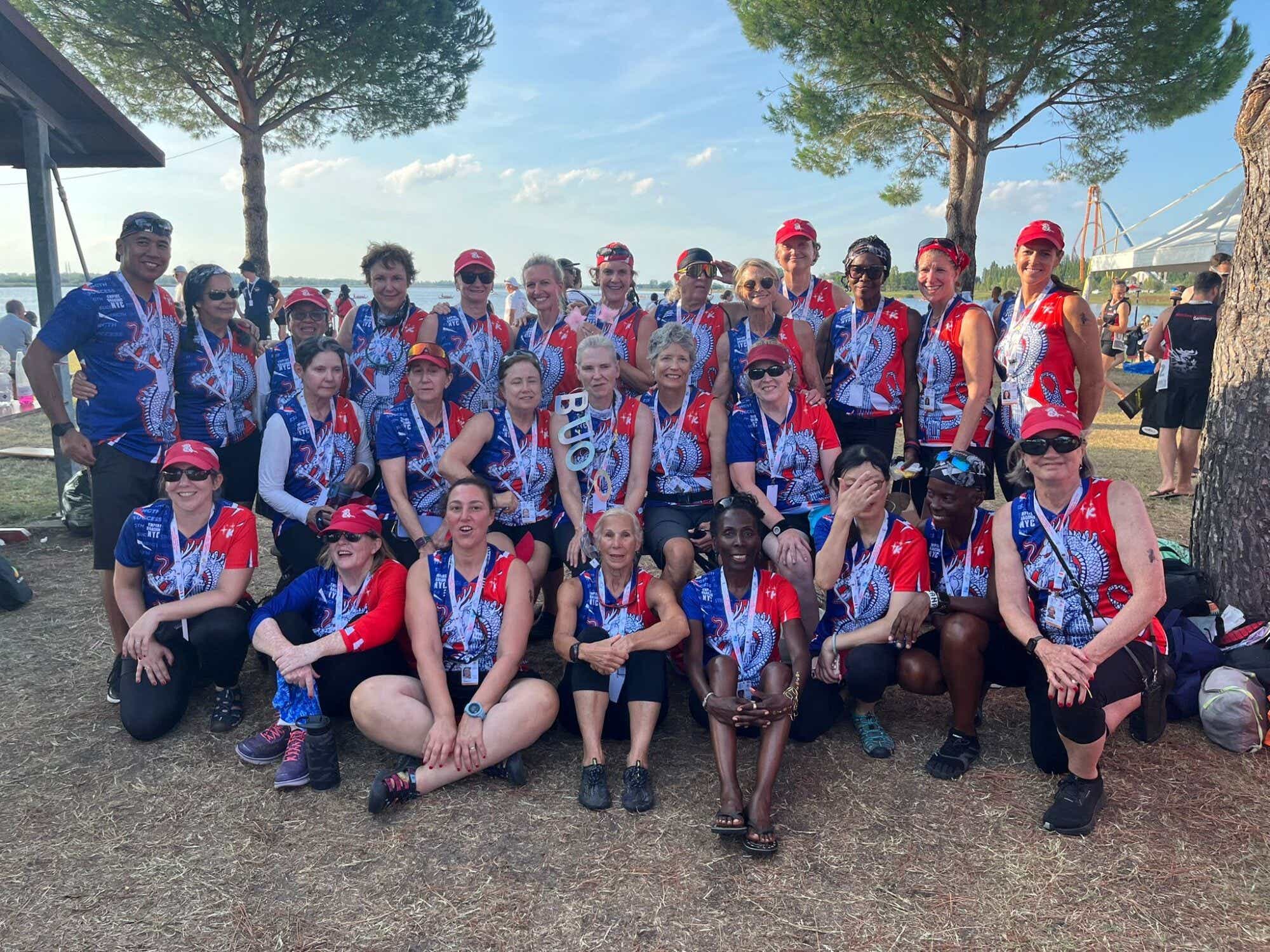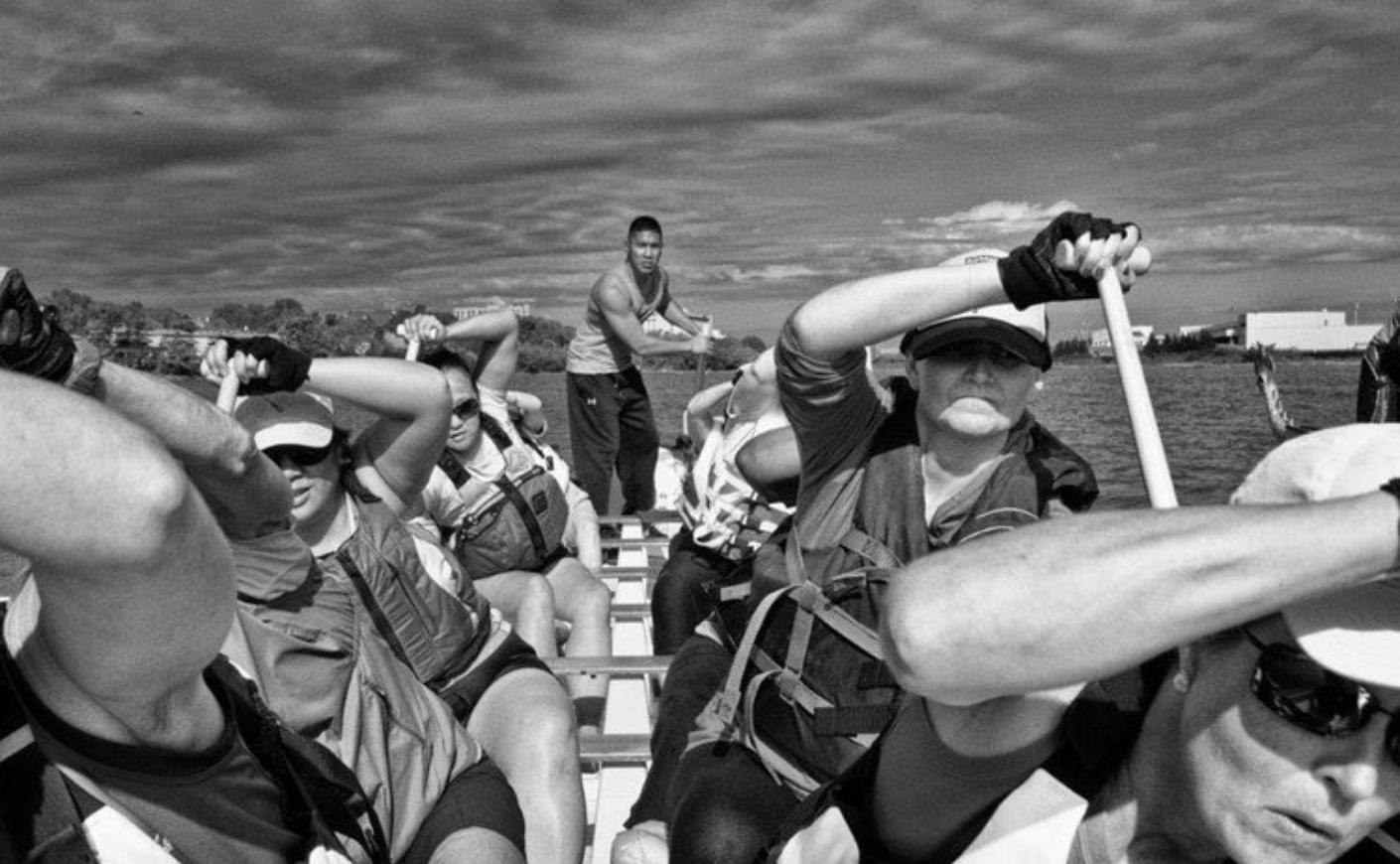In 2000, I heard those dreaded words a woman never wants to hear: That lump in my breast might be breast cancer. That was the commencement of countless tests, sonograms, MRIs, biopsies, blood work, prayers, tears, and consultations — and more tears and fear. Eventually the doctors confirmed I had ductal cancer (DCIS), which had spread through my whole right breast. A mastectomy was recommended.
In the 1970s, I studied as a nurse, and the first surgery I saw as a student was a mastectomy; at the time, radical mastectomies were the standard. I thought back on that surgery and how devastatingly disfiguring it was. Additionally, my grandfather had died of breast cancer — I clearly remember as a six-year-old seeing a large weeping wound on his chest before his final admission to the hospital.
Thankfully, the advances in medicine were significant in the three-ish decades since I’d been a student. I had superb breast doctors at Memorial Sloan Kettering Cancer Care (MSKCC) — including a general surgeon and a plastic surgeon. I was in good hands and ultimately, I was one of the lucky ones. My care was great, and my recovery was relatively uneventful; for months, I dealt with breast reconstruction and tried to adjust to my new parts. When I was ready to exercise, I was advised to “take it easy.”
Fast forward to 2017: I'm having lunch with an acquaintance who shares her cancer story with me. We talk about exercise and how best to recover. When I shared my cancer story, she responded immediately: “It's your lucky day! You can join a dragon boat team — I’ll give you my friend Donna Wilson’s number, you’ll love it.” Unfortunately, I had no clue what she was talking about, nor what “dragon boats” were, but I took the number and didn’t give it much more thought.
Two days later, my husband and I were having dinner with friends when one of them told me that she’d just hired someone who mentioned her love of “dragon boating” on her resume. She thought that was odd — what was dragon boating? I thought it was pretty odd that, yet again, this sport was popping into my consciousness. It was meant to be.
I reached out to Donna and learned something amazing: She’s a registered nurse and personal trainer who, at the time, was head of exercise at Integrative Medicine at MSKCC. Her primary focus was exercise for cancer patients.
Donna immediately invited me to an exercise class; not shocking, since she was in her 60’s and incredibly fit. (I’ll admit it: I had arm envy.) During my first class, she told me about dragon boating and decided to recruit me to join a team. I attempted to explain — or was I making excuses? — that while I love to exercise, I really didn't know a thing about dragons or boating. And I certainly wasn’t of an age when I could be on any competitive team. As a matter of fact, I had never been on a team; I was always the last kid picked in gym class. She looked at me, smiled and said, “You'll be fine.”

Why did dragon boating and breast cancer end up getting paired together in the first place? I learned that in 1996, a Canadian exercise physiologist, Dr. Don McKenzie began working with breast cancer survivors. He felt that many of these women could benefit from vigorous exercise to help with lymphedema, a chronic condition that can happen after breast cancer treatment.
Dr McKenzie enlisted 25 women in a controlled study; the women went through weight training, aerobic exercises, and eventually dragon boating. (He was an avid kayaker who recognized the value of vigorous upper-body exercise, and thought dragon boating was a team sport that might be useful to these survivors.) At the end of 6 months, the conclusion was that dragon boating did have a positive impact on their lymphedema. Additionally, the women were much fitter and seemed to have developed a special bond during the training. It was a win-win all around.
Donna had been following the literature published by Dr. McKenzie and became convinced that dragon boating would be a great benefit to her clients who were breast cancer survivors. So in 2009, Donna, along with James Lozada, a colleague and experienced dragon boater, started Empire Dragon Boat Team in New York City. Now Empire is just one of more than 260 breast cancer survivorship teams in 33 countries worldwide. We were even featured on the TODAY Show.

A typical dragon boat is a 40-foot-long vessel that weighs approximately 600 to 800 pounds. Normally, it has 20 paddlers sitting side by side on 10 benches. In the front you have a drummer, and in the back, you have a steerer. Each paddler only works along one side, the seats don’t move, and the strokes must be synchronized.
My first paddling experiences were disasters. I couldn't keep up with the pace, getting in everybody's way and constantly saying sorry. But over a very long time, I developed an efficient stroke, thanks to breaking it down and dissecting it into its many parts.
And though my fitness and skills have improved a lot, the most rewarding part of being on the dragon boat team are the women. I’ve met women whom I never would have encountered, had it not been for cancer. We’re an extremely diverse group from New York’s tristate area, with ages ranging from their 40’s to 80’s. In our ranks, we have a minister, grandmothers, lawyers, teachers, mothers, art consultants, EMT's, an ex-FBI agent, environmentalists, nurses, executives, money managers, and photographers. The common thread between us all is breast cancer.
While our team is from one small part of the U.S., dragon boating has taken us far beyond it. In the summers, our team usually competes against other breast cancer survivor teams in our NE region, and this year we went a little further, traveling to Canada, Florida, and Ravenna, Italy. (The paddles come with us, but the boats are supplied at the race sites.)
I admit that paddling still isn’t easy: There are days when I’m on the boat and I’m hot, tired, and out of breath. I think, Maybe I should be playing Mahjong instead? But I know that playing cards or board games wouldn’t increase my bone density, improve my fitness, or increase my muscle mass — the last of which allows me to easily lift my 35-pound grandson.

But more importantly, it has brought amazing women into my world, who enrich my life daily. We exercise together, we travel together, and we even go to “paddle camp” together. (Yes, my first sleepaway camp was at age 64.) Dragon boating isn’t just a sport; it’s a tonic for the mind, body, and soul. Do we win every race? Not quite. But after overcoming breast cancer, every race feels like a victory. And the glorious part is that I share that victory with so many fantastic women.
Molly Helfet is a retired RN; She resides New York City with her husband, Dr David Helfet, an orthopaedic trauma surgeon. When not paddling her heart out with Empire Dragons, Molly spends time visiting her son AJ, her daughter Kelly, and two adorable grandchildren, Adeline and Owen.









